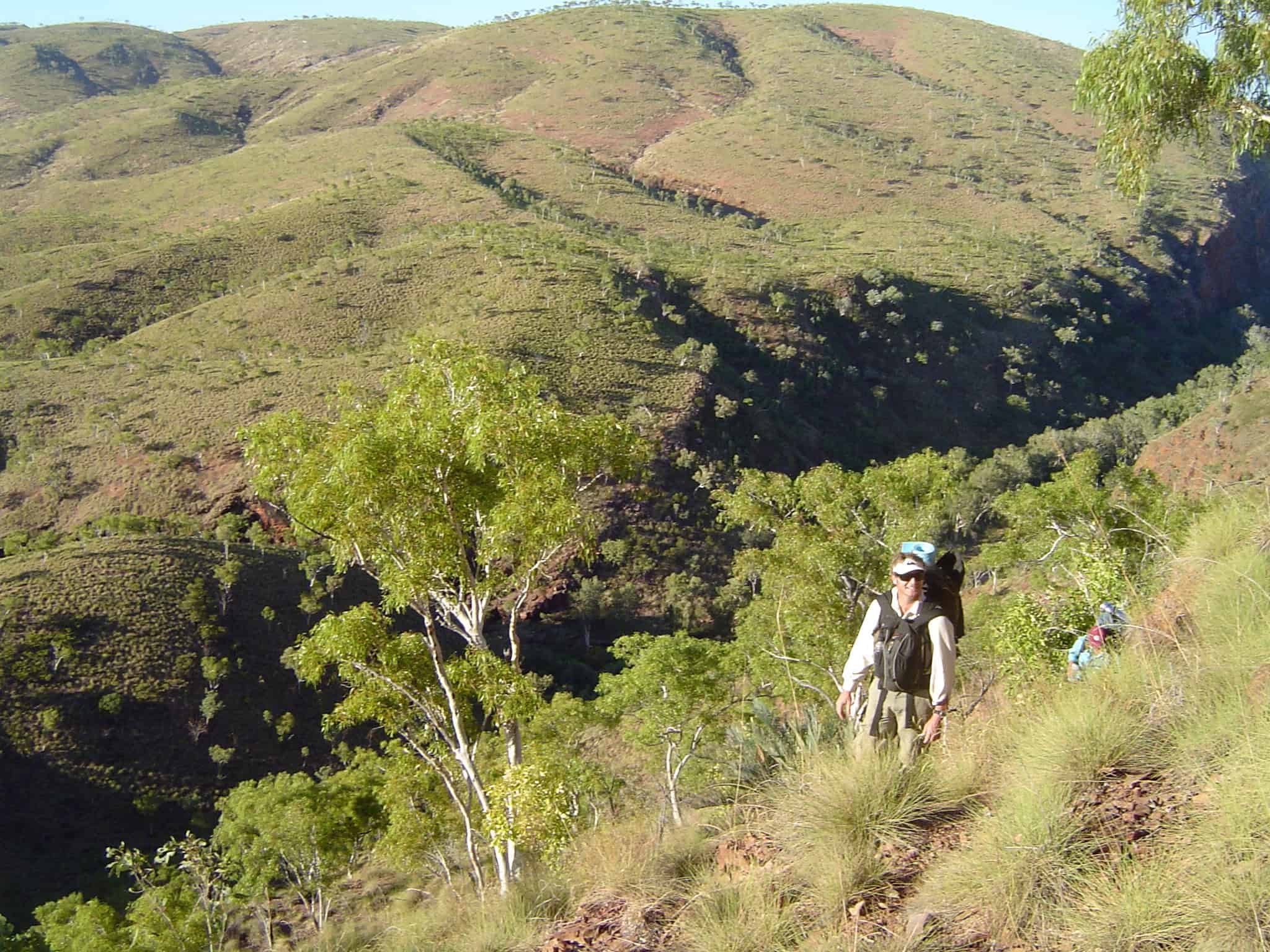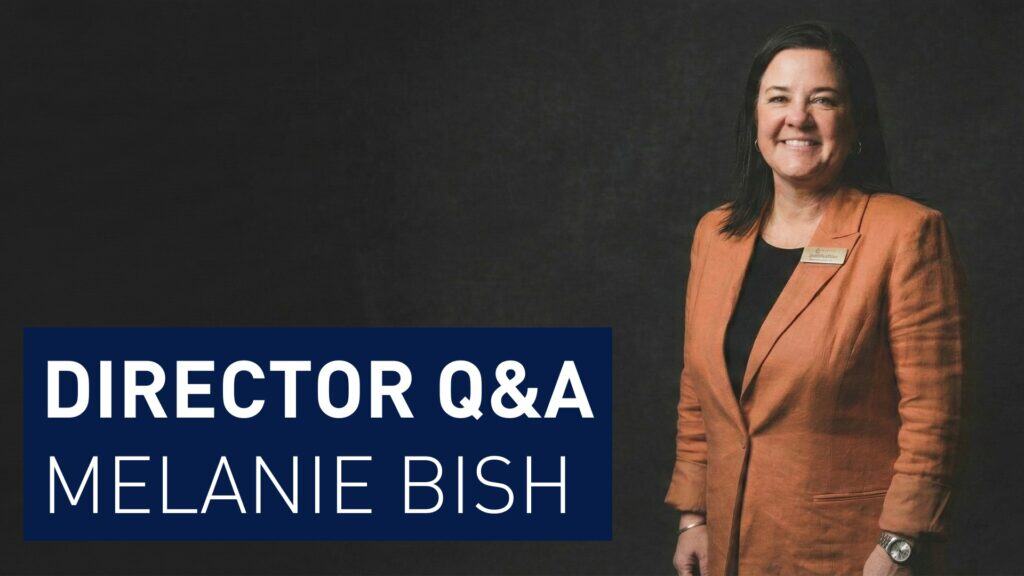You know you should do it. You’ve thought about it, talked about it, maybe even planned for it. But when it comes to taking that first step—whether it’s starting a project, speaking up, or making a change—you hesitate.
This hesitation isn’t laziness or lack of motivation. It’s a psychological phenomenon called cognitive dissonance—the tension between what you believe and how you behave.
What is cognitive dissonance?
Cognitive dissonance is the discomfort we feel when our actions don’t align with our values, beliefs, or identity. It’s the mental tug-of-war between:
- What we know to be true – “I should be doing this.”
- What we actually do – “But I’m not doing it.”
Our minds don’t like this contradiction. We crave consistency. So, when faced with this internal conflict, we instinctively look for ways to reduce the discomfort—either by changing our behaviour or justifying our inaction.
How cognitive dissonance shows up in everyday life
You might not even realise it, but cognitive dissonance plays out in many areas of life. Here are some ways it could be influencing you:
1. The unfinished goal
You say you value learning, yet that online course you signed up for remains untouched.
You want to be more active, yet your running shoes collect dust by the door.
Instead of acknowledging the contradiction, you tell yourself:
- “I’ll start when I have more time.”
- “I just need to be in the right mindset.”
In reality, you might be avoiding the discomfort of starting something new.
2. The fear of speaking up
You believe in advocating for what’s right, yet you stay silent in meetings.
You see a problem at work, yet you tell yourself it’s “not your place” to address it.
Your brain resolves the tension by justifying inaction:
- “I don’t want to create conflict.”
- “Someone else will say something.”
Deep down, the discomfort comes from fearing rejection or not knowing how you’ll be perceived.
3. The change you haven’t made yet
You want to be a more innovative leader, yet you keep making the safe choices.
You want to live more sustainably, yet you still use single-use plastics.
Instead of making the change, you tell yourself:
- “It’s too hard to do right now.”
- “I’m just one person—does it even matter?”
The tension is real, but the rationalisations keep you from taking responsibility.
How to recognise where cognitive dissonance is holding you back
If you’re feeling stuck, ask yourself:
- What do I say I value or believe in?
(For example: personal growth, leadership, sustainability, honesty, action.) - What actions don’t align with this belief?
(Where am I hesitating, avoiding, or justifying inaction?) - What justifications am I using?
(Am I telling myself I don’t have time, I’m not ready, or that it’s someone else’s role?) - What emotion comes up when I think about taking action?
(Do I feel fear, doubt, or discomfort? This is the dissonance at play.)
Recognising these contradictions doesn’t mean beating yourself up, it means understanding where your brain is resisting change so you can move forward with awareness.
Cognitive dissonance isn’t a flaw, it’s part of being human. But it can also be a signpost, pointing us toward the areas of our lives where we need to take action.
Where do you feel this tension most? What’s one area where your beliefs and actions don’t quite align?
The first step is recognising it. The next step? Well, that’s up to you.





